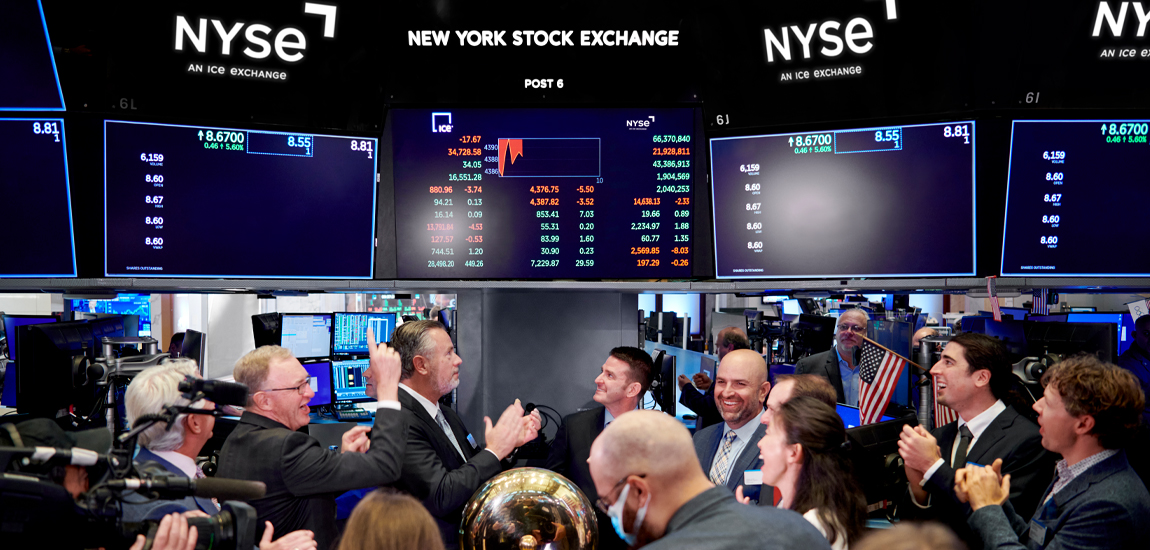
- Indices
- Stocks
Reports season is coming to an end: what next?
Do you want to know how to make money from this?
Register for free and get expert advice, access to a training course and webinars.
Key points:
- The S&P 500 has hit new highs this year, with Nvidia’s rise pushing the index to record highs.
- However, inflation data may change sentiment, and the Fed may again delay rate cuts.
- The PCE index will be published on Thursday – growth is expected to be 0.3% month on month.
Robust financial performance from businesses has played a significant role in driving the S&P 500 to unprecedented levels in the current year. Despite the Federal Reserve’s careful efforts to decrease interest rates, it was unable to hinder these positive outcomes.
Nvidia’s financial outcomes stood out as a highlight during the fourth-quarter earnings phase, with the increasing value of AI-related stocks contributing to the S&P 500 achieving fresh all-time highs last week. It’s noteworthy that the benchmark index has already seen an increase of over 6.7% in the ongoing year.
Macroeconomic data may increase market impact again
The majority of S&P 500 companies seemed poised to achieve a 10% increase in fourth-quarter profits compared to the corresponding period in the previous year, marking the most substantial growth since the first quarter of 2022.
As enthusiasm for earnings wanes in the upcoming weeks, attention may shift back to the broader economic landscape. A crucial factor in this scenario is the persistent climb in bond yields, driven by diminished expectations regarding the Federal Reserve’s capacity to ease monetary policy without triggering inflation concerns.
Although positive sentiments surrounding earnings and the overall economy have shielded stocks from surging yields, this could shift if inflation data falls short of optimistic projections. Consequently, the Fed may find itself compelled to postpone rate cuts.
On Friday, futures linked to the Fed’s key interest rate indicated that investors had priced in an approximately 80 basis points cut for the year, a decrease from the 150 basis points forecasted in early January.
Inflation data ahead
The examination of inflation kicks off on Thursday with the unveiling of the personal consumer spending price index for January, a metric closely monitored by the Federal Reserve to gauge adherence to its inflation objectives. Anticipations for the PCE index on a monthly basis suggest a 0.3% increase, in contrast to the 0.2% uptick observed in the preceding month.
Simultaneously, a prevailing belief among many investors is that the fervor surrounding artificial intelligence will sustain the momentum of stocks in the foreseeable future. Nvidia achieved a market value of $2 trillion for the first time last Friday, propelled by the demand for the company’s chips, positioning it as a frontrunner in the burgeoning field of generative artificial intelligence.
Additionally, in the upcoming week, there will be other data releases, including insights into consumer confidence and durable goods, contributing to a more comprehensive understanding of the overall economic landscape.
Do you want to know
How to make money from the news
Register for free and get:
- Expert consultation;
- Access to the training course;
- Opportunity to participate in webinars

